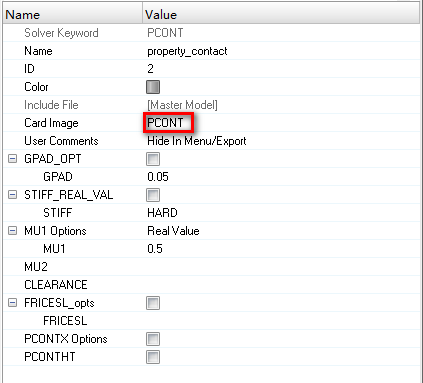Hi all,
1、For a problem with large deformation, the contact status between two objects will change. Some location will come into contact while some other location will separate. What's more, relative sliding may also exist. How to choose the proper parameter values in contact property card for this problem?
2、If a linear static analysis is chosen, could the contact status change during deformation process?

Roy